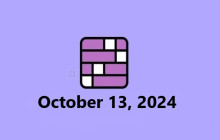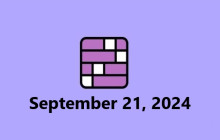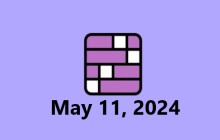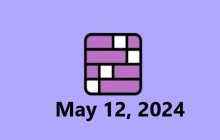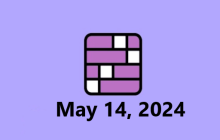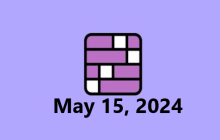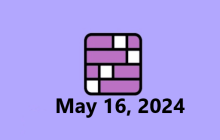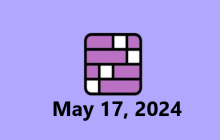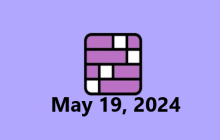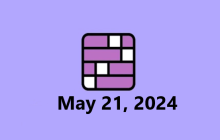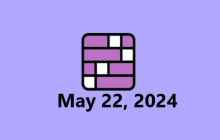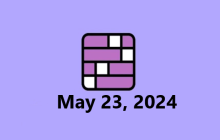Connections Unlimited by The New York Times is a daily word game that requires players to identify and group words based on their relationships. Unlike traditional crossword or word searches, Connections requires lateral thinking, where you’ll need to recognize word associations, themes, or synonyms that link words in unexpected ways.
For instance, one category could involve animals, while another might be related to the colors, actions, or names commonly associated with specific themes. Each day brings a fresh challenge, as the game’s algorithm ensures that no two puzzles are alike!
Let’s look at the November 1 puzzle and help you understand the thought process needed to solve it. If you’re struggling or just curious about the connections, keep reading!
Puzzle Prompt:
You are presented with these 16 words. Remember, there are 4 groups of 4 words each. Here’s what you have to work with:
Note: The words above are just placeholders to give you an idea of the setup.
On November 1, 2024, today’s puzzle may involve various categories, such as:
Synonyms or Related Concepts
Often, words are connected through their synonyms or related concepts. For instance, if you see words like joy, delight, and happiness, you’re likely looking at words related to positive emotions.
Cultural References or Themes
Connections can also include cultural references. Words might form a group if they’re all cities, actors, movie titles, or even famous landmarks.
Actions or Verbs
Sometimes, a category is composed entirely of actions. If you spot words like run, jump, throw, and catch, consider them as part of an actions or sports-related category.
Miscellaneous or Surprising Connections
Connections might throw you a curveball with less obvious groupings. Words that don’t fit neatly into typical categories may be part of a hidden theme. Connections is known for surprising players with unique combinations.
Identify Outliers
Start by looking for words that are clearly part of a unique group. They’re often easier to identify and can help narrow down the possibilities for other groups.
Think Laterally
Don’t just look for traditional definitions. Instead, think about what the words represent and how they might relate in unexpected ways. For example, "apple," "blueberry," "banana," and "mango" might all belong in a group of fruits.
Consider Synonyms and Associations
Many Connections groups are based on synonymous relationships or associations. Scan the list and mentally group words with similar meanings or associations.
Double-Check Before Confirming
Since the game ends after four correct groups, make sure you’re confident about each group before confirming them. Guessing can lead you to lose the puzzle too early.
Playing Connections daily is an excellent way to enhance your vocabulary and improve cognitive abilities. This game offers a chance to:
Whether you're an experienced wordsmith or new to word puzzles, today’s Connections NYT offered a rewarding challenge. With practice and patience, you’ll soon be a pro at spotting those subtle associations and forming groups faster each day.
